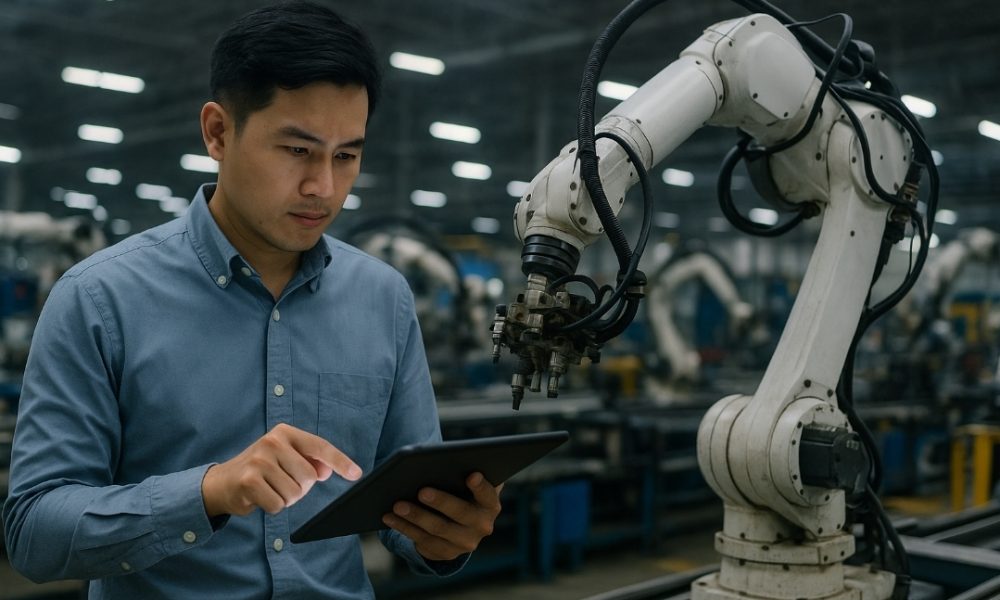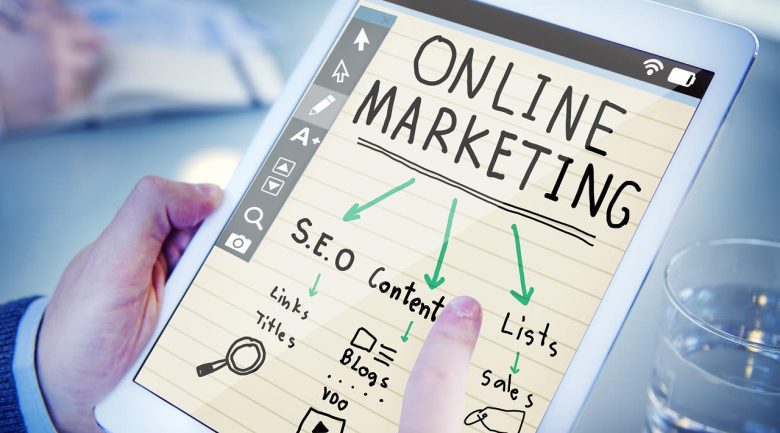A new wave of U.S. tech tariffs is sending shockwaves through global manufacturing, prompting tech giants to rethink where their products are made. But while headlines focus on Apple shifting iPhone production to India and Samsung considering new assembly hubs, another force is quietly reshaping the response: artificial intelligence.
Apple’s warning of a potential $900 million tariff hit this quarter has accelerated its move away from China. Samsung, facing a 25% tariff, is reevaluating operations in Mexico and the U.S. At the same time, companies like Microsoft, Amazon, and Meta—collectively investing over $300 billion into AI infrastructure this year—now face added costs on critical components like semiconductors and server hardware due to tariffs on Chinese and Taiwanese imports.
This shift marks more than a reshuffling of factory lines. It signals a broader transformation in how technology is produced and deployed—one increasingly defined by automation, AI-driven decision-making, and flexibility.
Small Businesses in the Crossfire
For small businesses, the effects are indirect but real. Tariffs raise the cost of everything from electronics to logistics. Delays in hardware delivery, tighter margins, and fewer available workers all compound the pressure.
While smaller companies can’t move factories across continents, they can build resilience by integrating smarter, leaner systems into their operations. AI is no longer a luxury—it’s a necessity for staying competitive in uncertain times.
Whether it’s automating follow-ups, optimizing customer service, or smoothing out internal processes, AI is proving to be a practical response to volatility. In the same way that large enterprises are turning to AI to absorb shocks and reduce costs, small businesses can do the same—on their own scale, and with immediate impact.
Looking Ahead
The remapping of global production is far from over. As tariffs evolve and supply chains shift, businesses that are agile and tech-enabled will be in the strongest position to adapt.
For those curious about how AI can be practically applied to their business, there’s value in exploring tailored strategies—not generic software, but thoughtful integration based on individual needs.
To help with that, I’m offering a free AI Growth Business Strategy Session for business owners who want to understand what this shift means for them—and what steps they can take to stay ahead.




